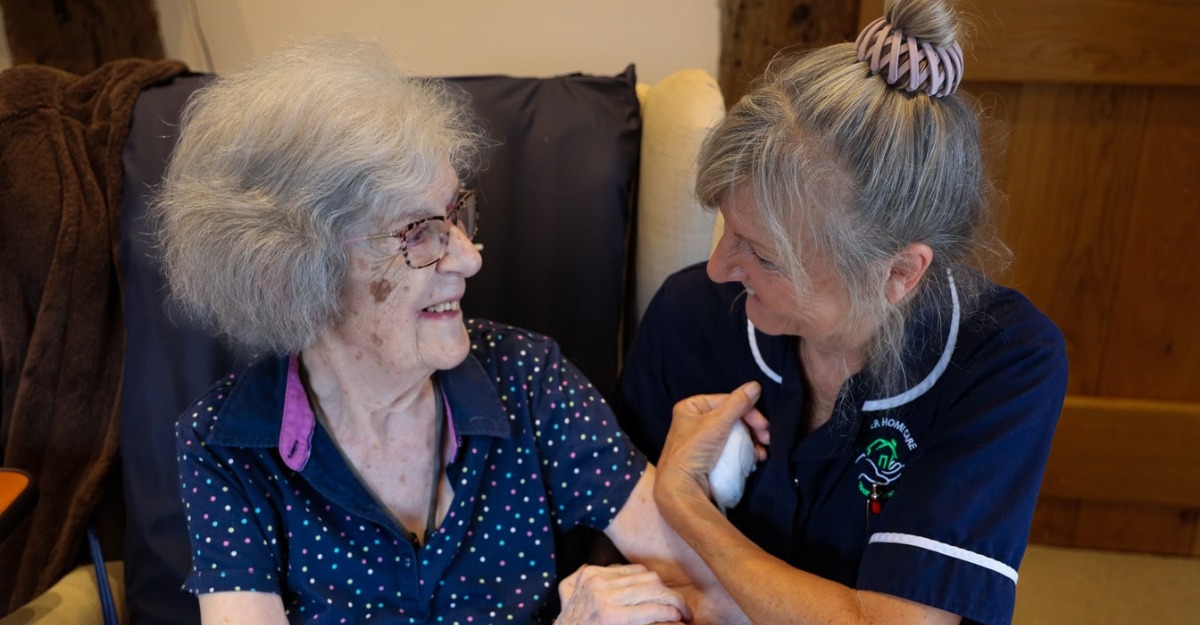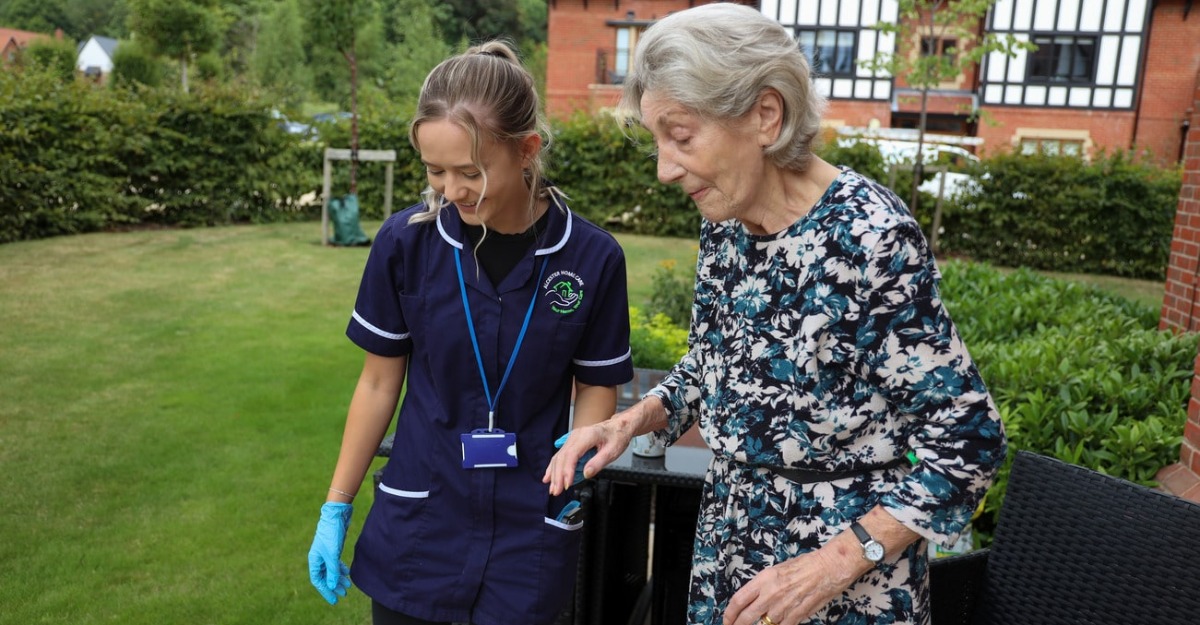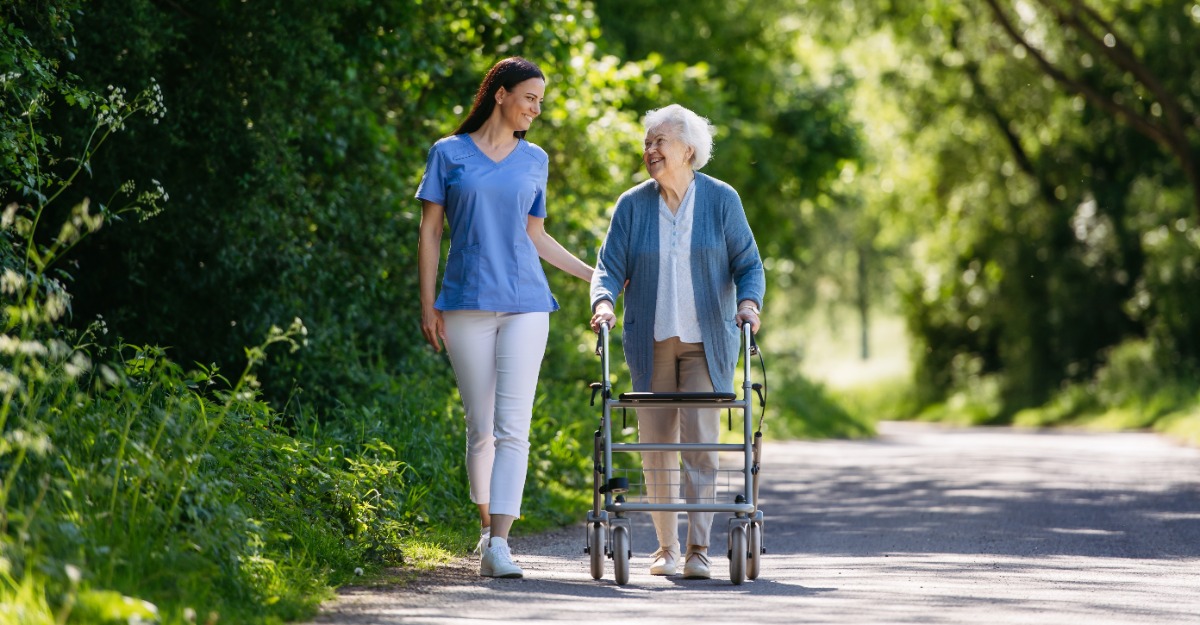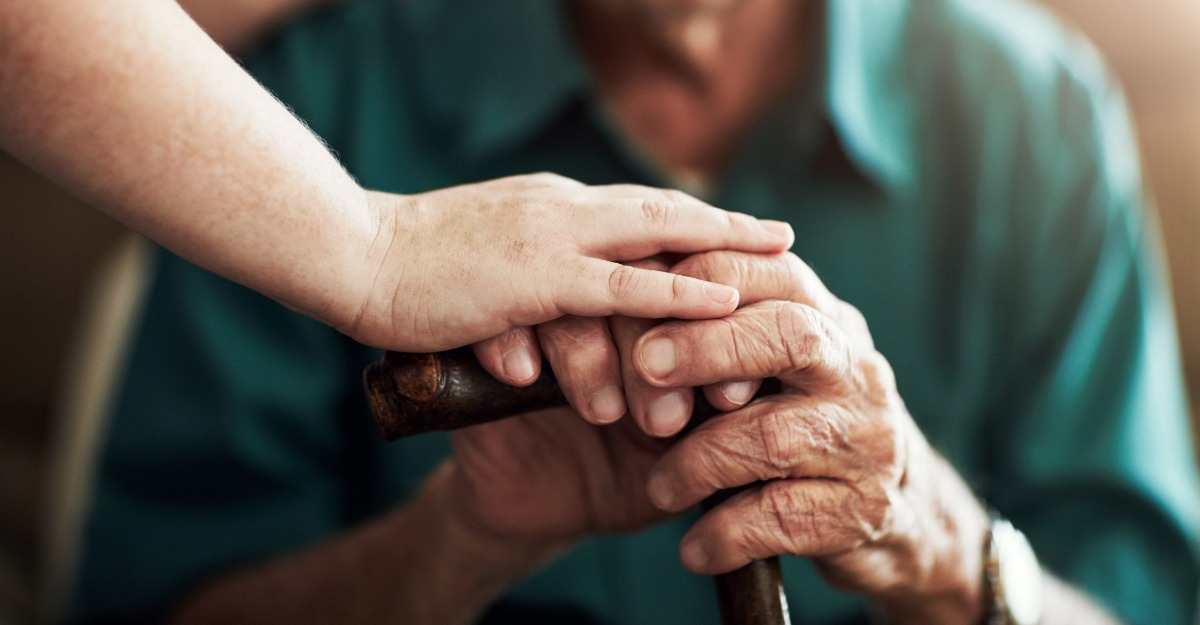As our loved ones age, it is important to identify key signs that they might need additional support to continue living safely and healthily at home. Implementing professional care early can help to maintain independence and reduce the risk of a fall or injury precipitating a crisis.
Observing subtle changes in their daily routines, physical health, and emotional well-being can be key indicators. The first signs of requiring care can range from obvious changes in health to minor differences in mental acuity, so it is important to remain vigilant and err on the side of caution if you have any concerns.

Communicating
By staying informed, we can provide the necessary care and interventions to help our elderly relatives maintain their independence and dignity throughout their later years.
Talking with elderly loved ones about their need for more support can be uncomfortable. It’s a delicate balance of respecting their independence while addressing safety concerns like falls, which are all too common and dangerous. Yet, avoiding these discussions can lead to more severe consequences, where decisions might ultimately be made in crisis situations, rather than thoughtfully and collaboratively.
“…as a GP, I’ve sadly seen on several occasions when people are afraid to have ‘that conversation’ with their relatives, and it’s only when a crisis is reached, that they feel able to talk.”
Engaging in these conversations proactively allows for a planned approach that respects their wishes and ensures their well-being. While difficult, these discussions are essential in preventing accidents and making informed choices about their future care together.
Open communication and honesty are crucial when discussing increased support with elderly relatives.

Signs Your Loved One May Benefit From Help at Home
We’ve broken these signs down into 5 main categories:
Changes in Physical Health:
As we age, our bodies naturally undergo changes that can lead to declining physical health. This can manifest as reduced mobility, decreased muscle strength, and a longer recovery time from illnesses or injuries. Common issues include joint pain, and diminishing senses such as hearing and vision, which can complicate daily activities and increase the risk of falls.
“…even if a fall does happen, someone receiving support will know their carer already, and won’t have to accept a stranger into their homes at what is already a fraught time.”
It’s important to monitor these changes closely and adapt our lifestyles and environments to mitigate risks. Regular check-ups, a balanced diet, physical activity tailored to ability, and appropriate medical interventions are essential in managing the physical challenges that come with ageing.
Key signs to look for:
- Increased falls or mobility issues.
- Noticeable weight loss or gain, which could suggest problems with cooking, eating, or shopping.
- Neglecting personal hygiene, such as infrequent bathing or wearing dirty clothes.
- Signs of physical strain or pain while performing daily activities.
Decline in Home Maintenance:
A decline in home maintenance can be a significant indicator that an elderly person may be struggling and would benefit from additional home care. When routine tasks like cleaning, organising, or managing household repairs become too challenging, it might suggest a reduction in physical mobility, cognitive function, or both.
This decline can lead to unsafe living conditions—unaddressed spills might cause falls, and cluttered walkways can become tripping hazards. Additionally, if an elderly individual is unable to manage these tasks, it could indicate difficulties in other areas of self-care and daily living.
By recognising these signs early, families can intervene with the necessary support to help maintain a safe and healthy living environment, prevent accidents, and ensure that their loved ones can continue to live independently for as long as possible.
Key signs to look for
- Difficulty in keeping the home clean and organised.
- Unattended repairs or safety hazards, like loose carpets or cluttered walkways.
- Spoiled food in the fridge or a lack of fresh food, might suggest trouble with grocery shopping or cooking.

Changes in Mental Health:
Declining mental acuity in the elderly is a critical signal that may necessitate increased home care. This decline can manifest as forgetfulness, confusion, disorientation, and decreased problem-solving ability.
Such changes can compromise safety, as affected individuals might forget to turn off stoves, miss medication doses, or fail to recognise common hazards. Mental deterioration can also affect their ability to manage finances and personal hygiene, leading to further complications.
Recognising these symptoms earlier allows families to implement supportive measures, such as homecare services, to assist with daily tasks, ensure medication compliance, and maintain a safe living environment, thereby preserving the individual’s quality of life.
Key signs to look for:
- Memory lapses, such as forgetting to take medication or attending appointments.
- Confusion or disorientation in familiar environments.
- Withdrawal from social activities or hobbies they once enjoyed.
- Signs of depression or anxiety, such as changes in sleep patterns or disinterest in life.

Financial Issues:
Financial issues in the elderly, such as unpaid bills or disorganised financial records, often point to a need for increased home care. These problems can indicate a decline in cognitive abilities necessary for managing finances, which is a critical aspect of independent living.
If left unaddressed, these financial difficulties could lead to serious consequences, including the loss of utilities, housing, or healthcare services. Implementing home care support can help manage these financial tasks, ensuring bills are paid and finances are in order. Additionally, homecare providers can monitor for signs of financial exploitation, a common risk as cognitive faculties wane.
Key signs to look for:
- Unopened mail or unpaid bills piling up.
- Overdue payments or notices from utility companies.
- Unexplained spending or a sudden lack of funds.
Safety Concerns:
Safety concerns in the homes of elderly individuals strongly indicate the need for more home care. These concerns might include frequent falls, inability to respond effectively to emergencies, or hazards like poor lighting and loose rugs. Such risks can lead to serious injuries or health complications.
“…in my practice, it’s often the case that seeking external help and support helps the relative, but also helps the family carers relax themselves, knowing that help and support is there, and relieving them of the 24/7 responsibility to be on the end of the phone.”
Home care assistance ensures that the living environment is adapted to their needs, with safety modifications like grab bars, better lighting, and clutter removal. Caregivers can also provide supervision and physical support, reducing the risk of falls and accidents. This support not only protects their physical health but also provides peace of mind for family members.
Key signs to look for:
- Being unable to respond to emergencies effectively.
- Getting lost in previously familiar areas.
- Risk of being taken advantage of financially or online.
…and what to look for when selecting an agency to help
When selecting a home care agency, several key factors ensure you choose a provider that will meet the needs of your loved one effectively and with compassion. Firstly, look for an agency with a solid reputation, backed by positive reviews and testimonials from current and former clients. It’s crucial that the agency is properly licensed and adheres to the rigorous standards of the healthcare industry in the UK to ensure high-quality care and safety.
Another vital consideration is the professionalism and training of the staff. Ensure that carers are not only qualified but also receive ongoing training to handle the specific needs of elderly clients, including those with dementia or mobility challenges. The agency should offer a range of services that can be tailored to individual needs, from basic assistance with daily activities to more comprehensive medical care.
Transparency in billing and clear communication are also paramount. You should feel confident in understanding the services provided and their costs, with no hidden charges.
Alcester Home Care excels in these areas, renowned for their professional, compassionate carers who receive continuous training, they offer personalised care plans and maintain clear, open lines of communication with families.
Opting for Alcester Home Care means choosing a reliable, caring, and professional service that prioritises the well-being of its clients. Speak to one of our friendly team today if you have any concerns about a loved one, or would like to know more about our care services.
